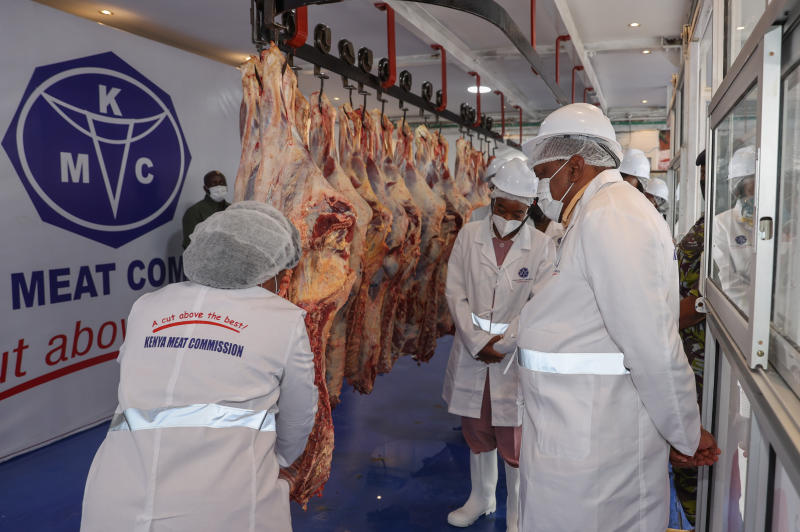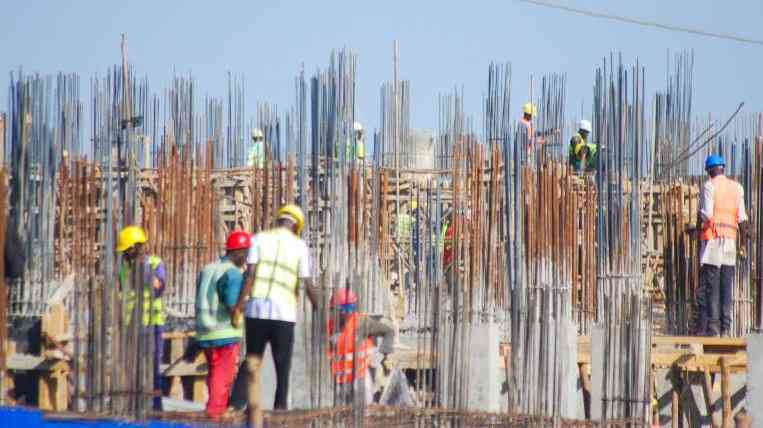×
The Standard e-Paper
Stay Informed, Even Offline

Sometime last year, President Uhuru Kenyatta announced the transfer of the Kenya Meat Commission (KMC) from the Agriculture Ministry to the Defence Ministry in a move that caught many by surprise.
Uhuru said the transfer of the parastatal was on the back of mismanagement that had ground it to a halt, costing taxpayers millions of shillings in past turnaround attempts.







